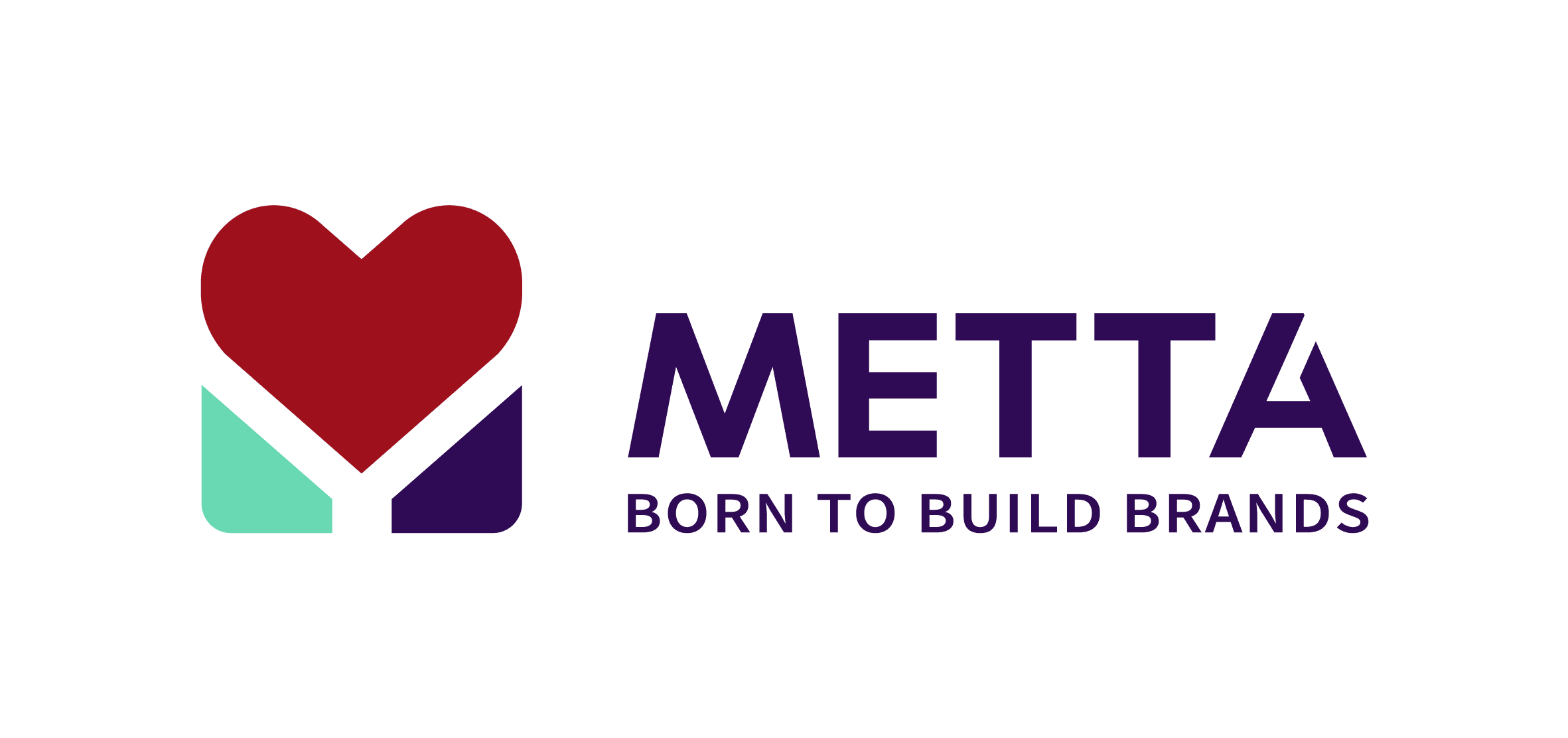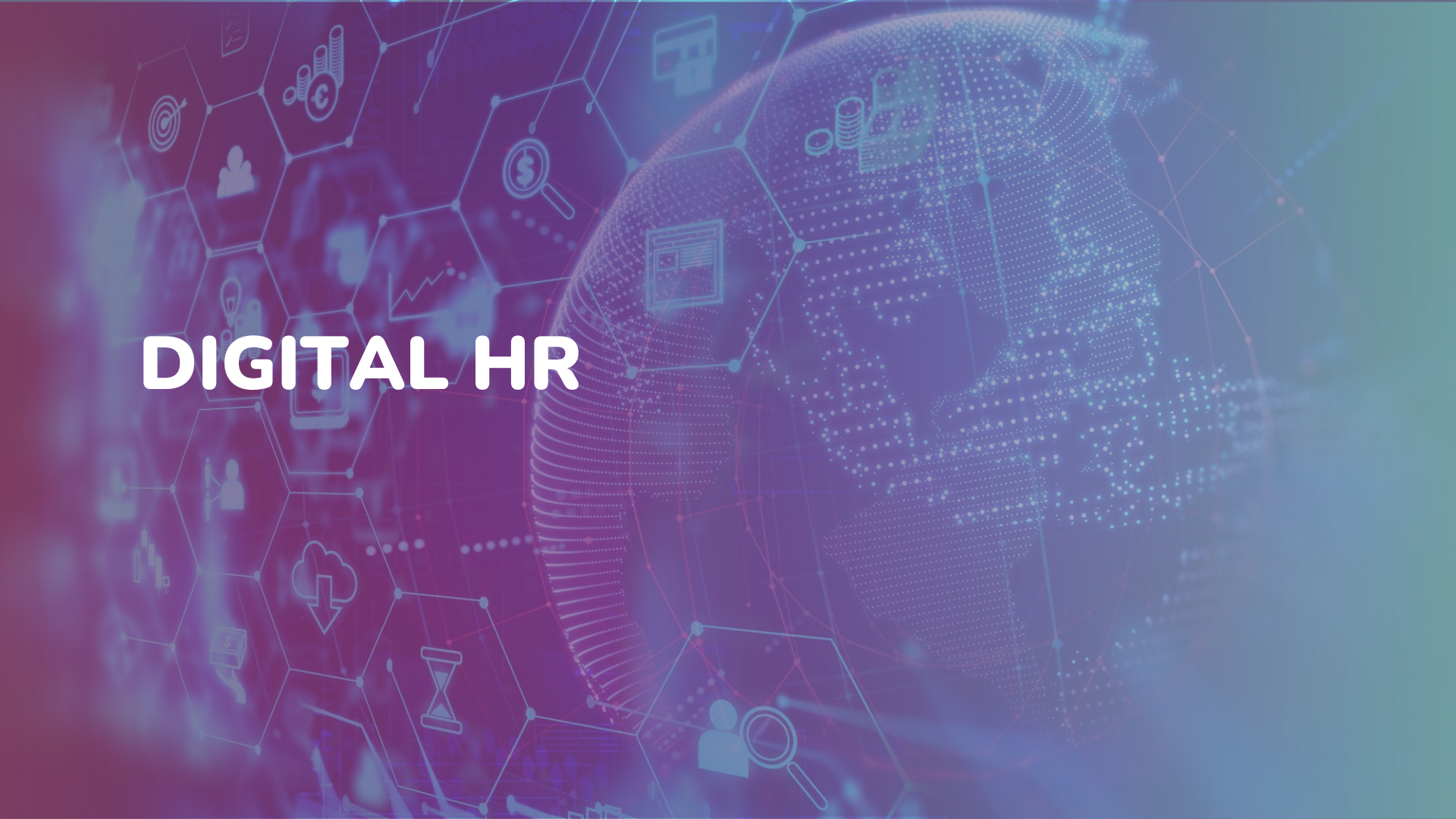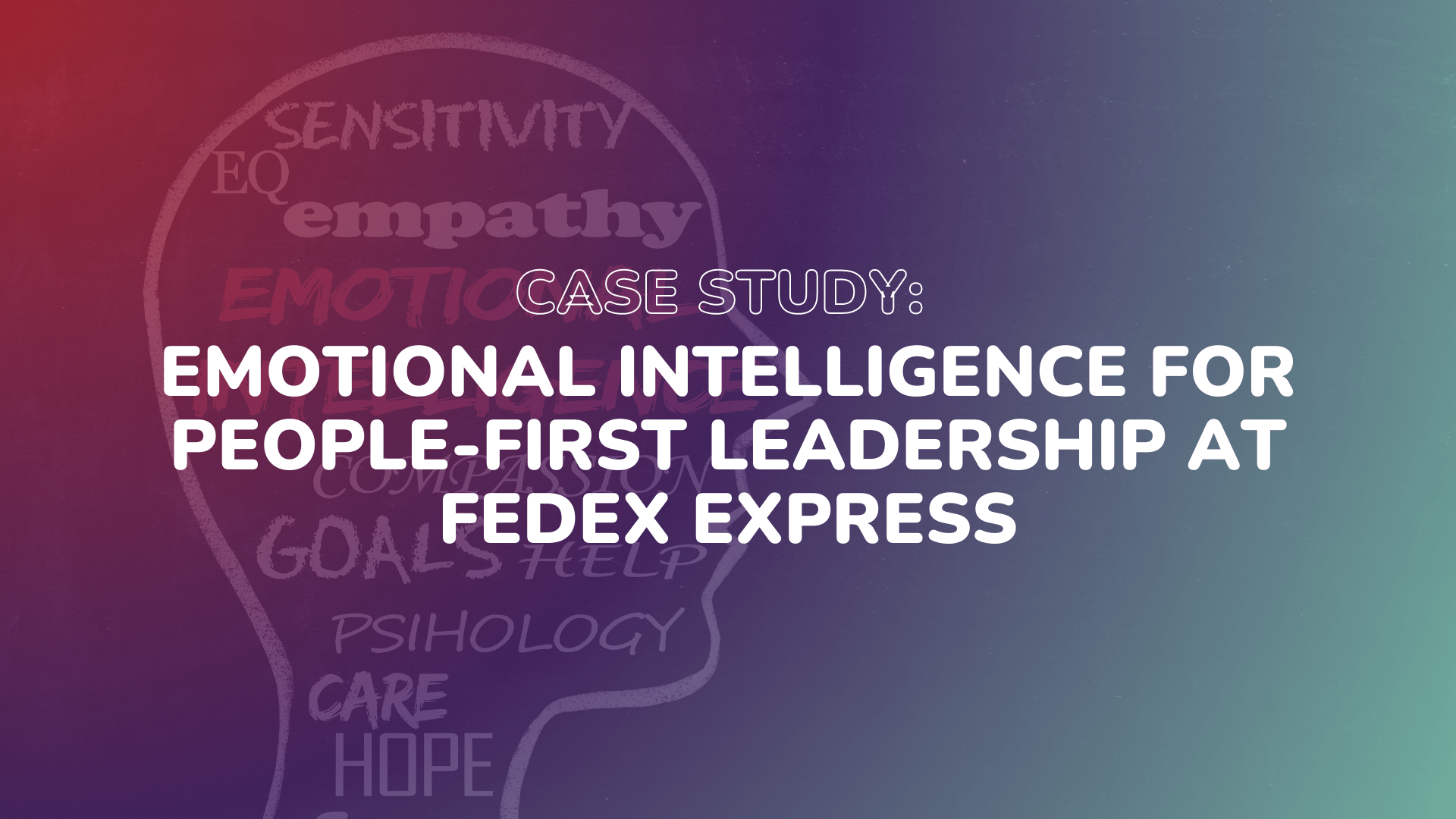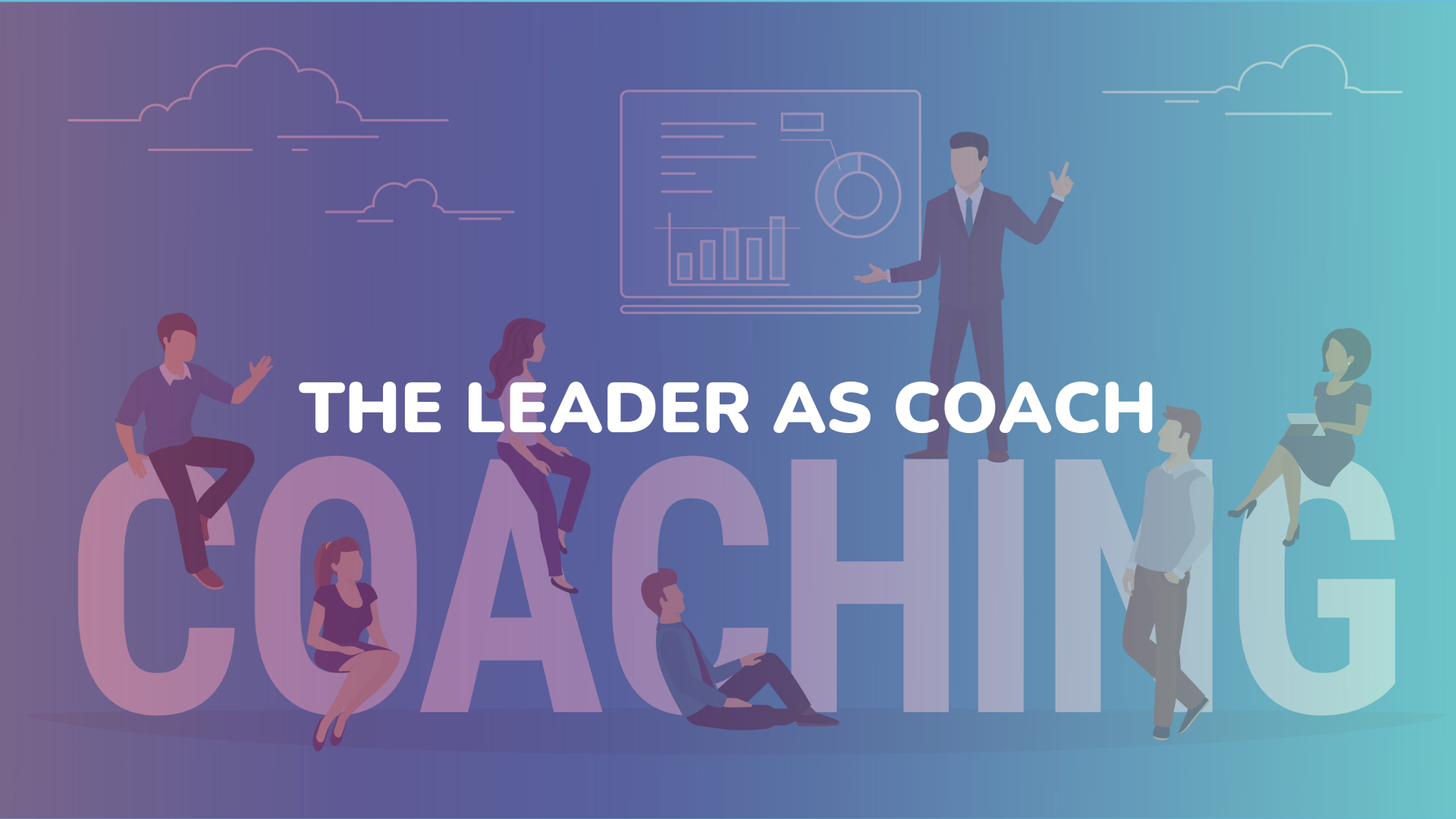Digital HR
The digital revolution is rapidly unfolding, and companies around the world are investing heavily in modern technologies, earmarking up to $656 billion for new and advanced devices to prepare for the upcoming era of work. While much of the discourse has centered around technology enabling remote work, HR departments also need to pay attention to how business operations—and their very own function—are becoming increasingly “digital” through automation and artificial intelligence (AI).
The digitization of the workforce is inevitable. In 2020, the World Economic Forum predicted that global AI employment would increase from 78 to 123 jobs per 10,000 people between 2020 and 2022. Data also shows that AI usage has surged by 270% over the past four years.
Certainly, digitization brings about numerous benefits. Automating tasks and leveraging AI in the workplace boosts efficiency, allowing individuals to focus on more impactful and value-added work.
For instance, in the Asia-Pacific region, office workers waste nearly 57 minutes per day due to outdated technology and processes. More than 30% of global employees feel they waste half a day or more trying to understand and work with AI technologies.
In the UK alone, 1.4 million full-time jobs can be automated, accounting for 4.8% of the current workforce. This result is equivalent to the entire workforce of a developed economy.

Three Benefits of HR Digitization:
What are the benefits of digitization for HR? Introducing technology into the work environment has consequences for HR. When digitalized, not only will the functions but also the roles of HR within organizations be transformed.
So, the first question any Chief Human Resources Officer (CHRO) should address is the digitalization of HR tasks and responsibilities.
Automation:
Although automation has been widely discussed, not all jobs can be automated. McKinsey notes that while nearly every occupation will be affected by automation, only about 5% of occupations will be fully automated. HR will also be influenced by this trend.
Many HR specialists’ tasks, especially administrative duties like reporting and predictive analysis, can and will be performed by digital assistants and automated software. McKinsey’s analysis of over 2,000 jobs across more than 800 professions reveals that these repetitive tasks constitute about half of the activities people perform across all sectors. This will enhance efficiency and work performance, allowing HR to dedicate time to strategic activities and value creation.
Enhancement:
Beyond automation, most of HR’s remaining tasks will need augmentation through machines or systems capable of inference, learning, and natural interaction with individuals. This will free up time for people to focus on more creative tasks that machines cannot perform.
One area that needs augmentation is human analytics. By deploying AI-enhanced sentiment analysis technologies, HR can gain new insights into the business to make better strategic decisions and create value.
Leveraging Human Potential:
Lastly, and significantly, AI technology has the potential to help organizations redesign HR processes and systems both within the HR department and throughout the entire company. By upgrading existing processes and policies, HR can enable human activities and improve decision-making.
Is Digitization the End for HR?
It won’t be the end if CHROs leverage and implement strategic initiatives based on digitization. Digitizing HR is only the beginning. This is because after digitalization, HR needs to answer the second question concerning the “digitalization” of the workplace: why should HR exist when most HR tasks have been automated?
For many HR professionals, the obvious answer is that when many tasks are automated, new jobs will be created, and HR needs to assume these new roles. However, this argument needs to be championed within the broader company context and specifically by the C-suite and board members.
Digitalizing HR is essential for business success. The best strategy in digitalization is to position HR at the forefront of value creation and problem-solving for the business.
For example, in a talent-scarce era, businesses struggle to retain and acquire skilled employees. Digital HR, powered by AI, can easily address these challenges.
Companies like Unilever, Walmart, Accenture, and SkyHive have partnered to explore the use of AI in assessing employees’ work capabilities. This provides a more accurate picture of current employee skills and how they can continue in their roles or transition to new ones. AI-driven skill assessments help companies gain better insights into current employee capabilities and identify skill gaps that can be addressed through training.
Moreover, HR’s role in the digital age is not just about boosting efficiency and cutting costs. In a world where our jobs—both micro and macro—are becoming “digitized,” our systems need to shift from job management to task management. HR will be the only department capable of redesigning these systems for companies to hire and pay people based on tasks rather than jobs.
Elevating the Value of HR:
HR is a critical department that brings value to solving increasingly complex business challenges (such as talent shortages). If leaders and businesses fail to recognize this, the impact of HR will diminish over time. HR may be seen as redundant, as part of its tasks can already be performed by AI.
However, in the current tight labor market, downsizing HR should be the last resort for companies. Many organizations are striving to invest in new HR technology (87% of HR leaders face “budget challenges” when investing in HR technology). But without investment and HR not playing a strategic role in the company’s development, businesses will struggle in the new era of work. Therefore, HR must not only “digitize” itself to help companies maintain jobs but also create genuine value.
What are your thoughts on digitalization gradually replacing humans in many areas? Please share your insights.
Source: https://www.aihr.com/blog/automation-digital-hr-benefits/
Metta Marketing
Top brand strategy consultant










